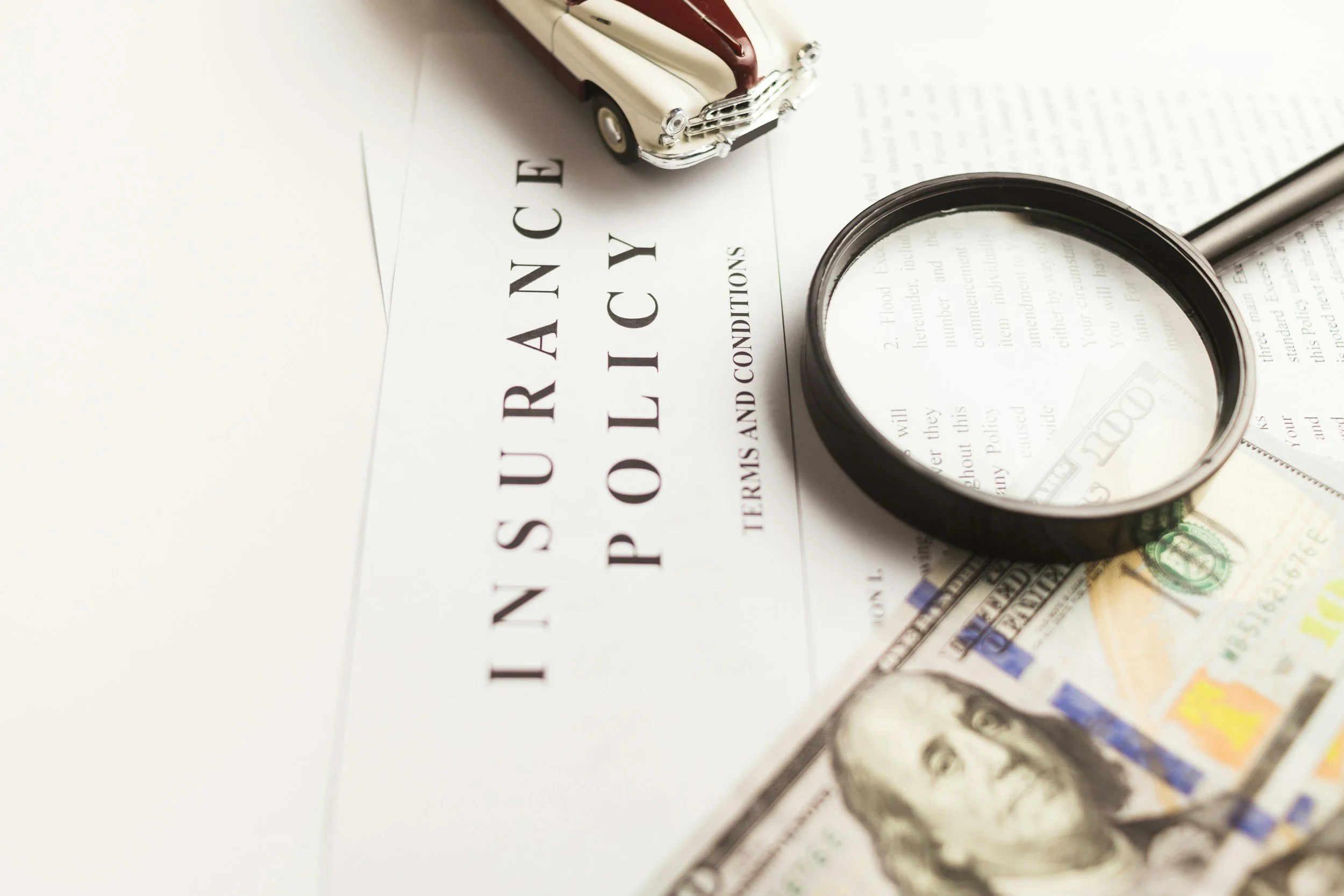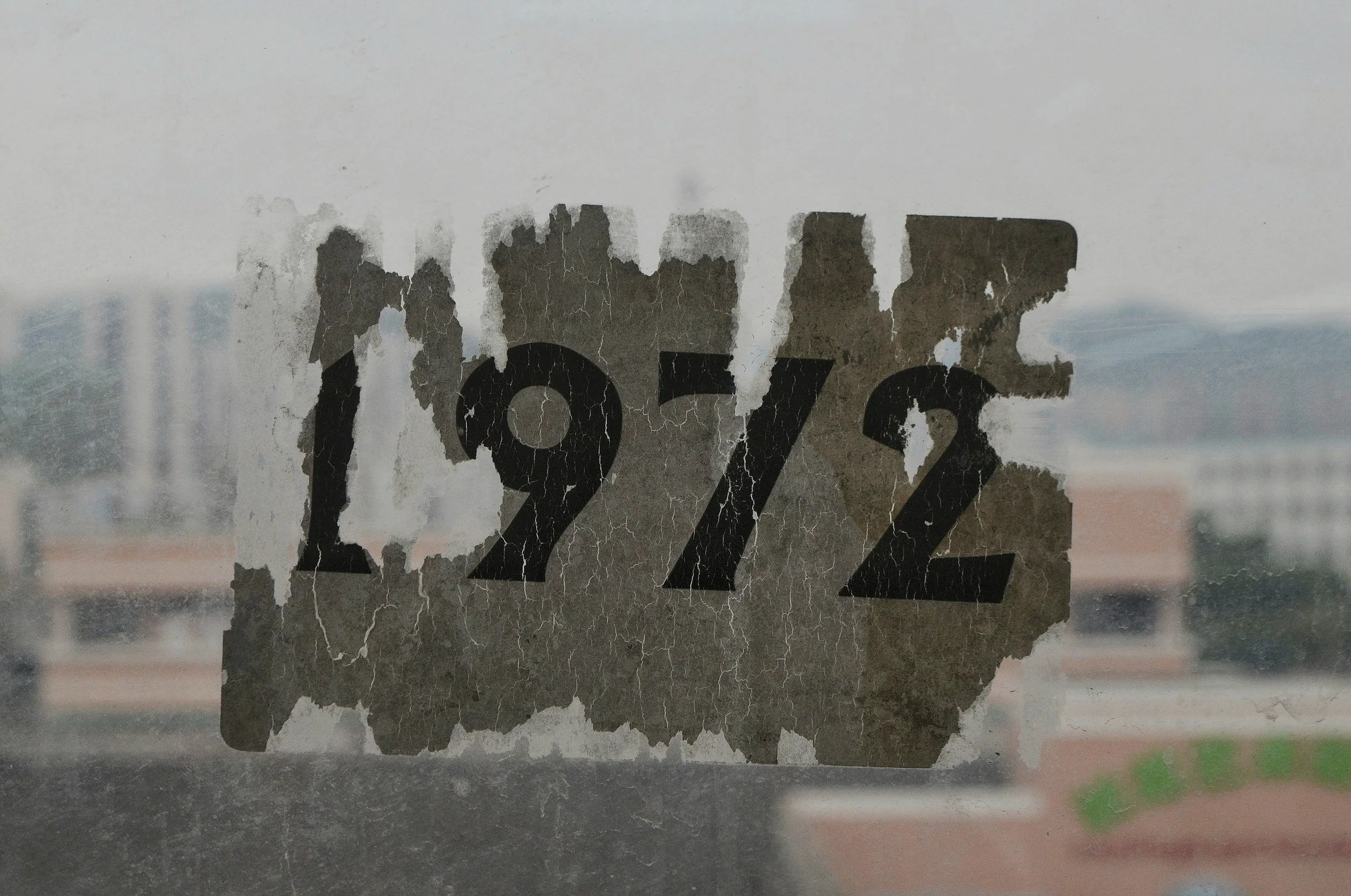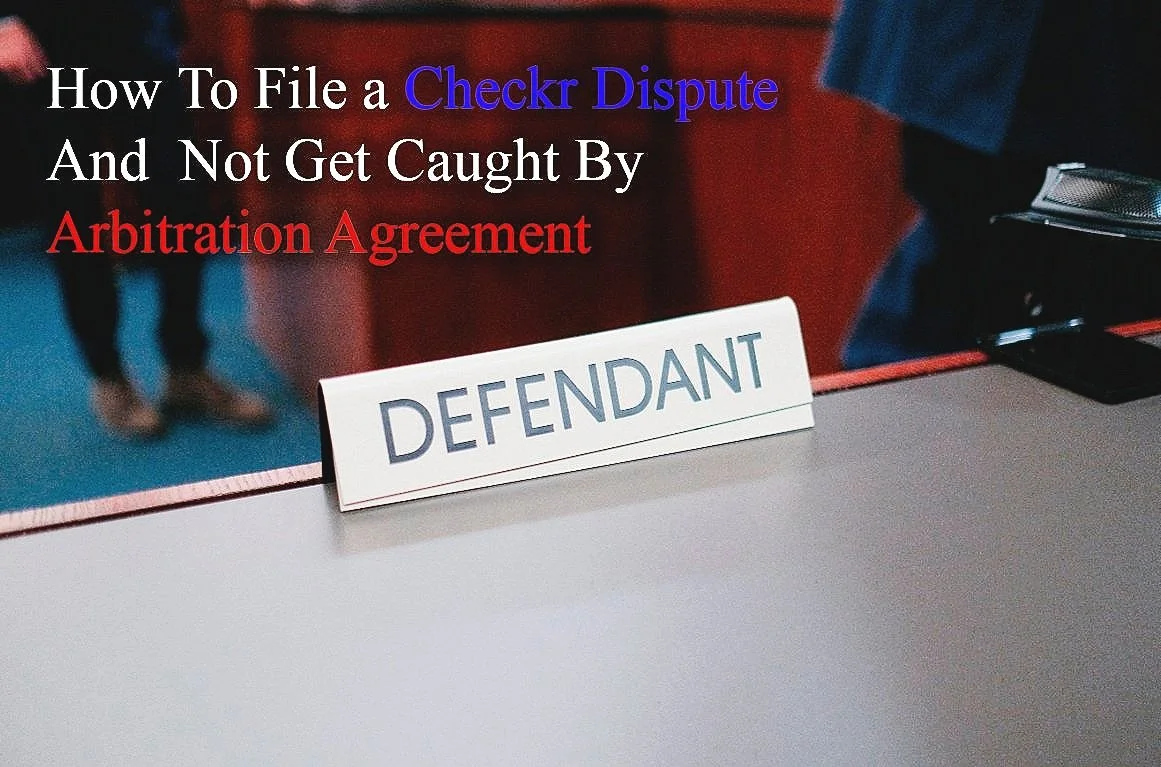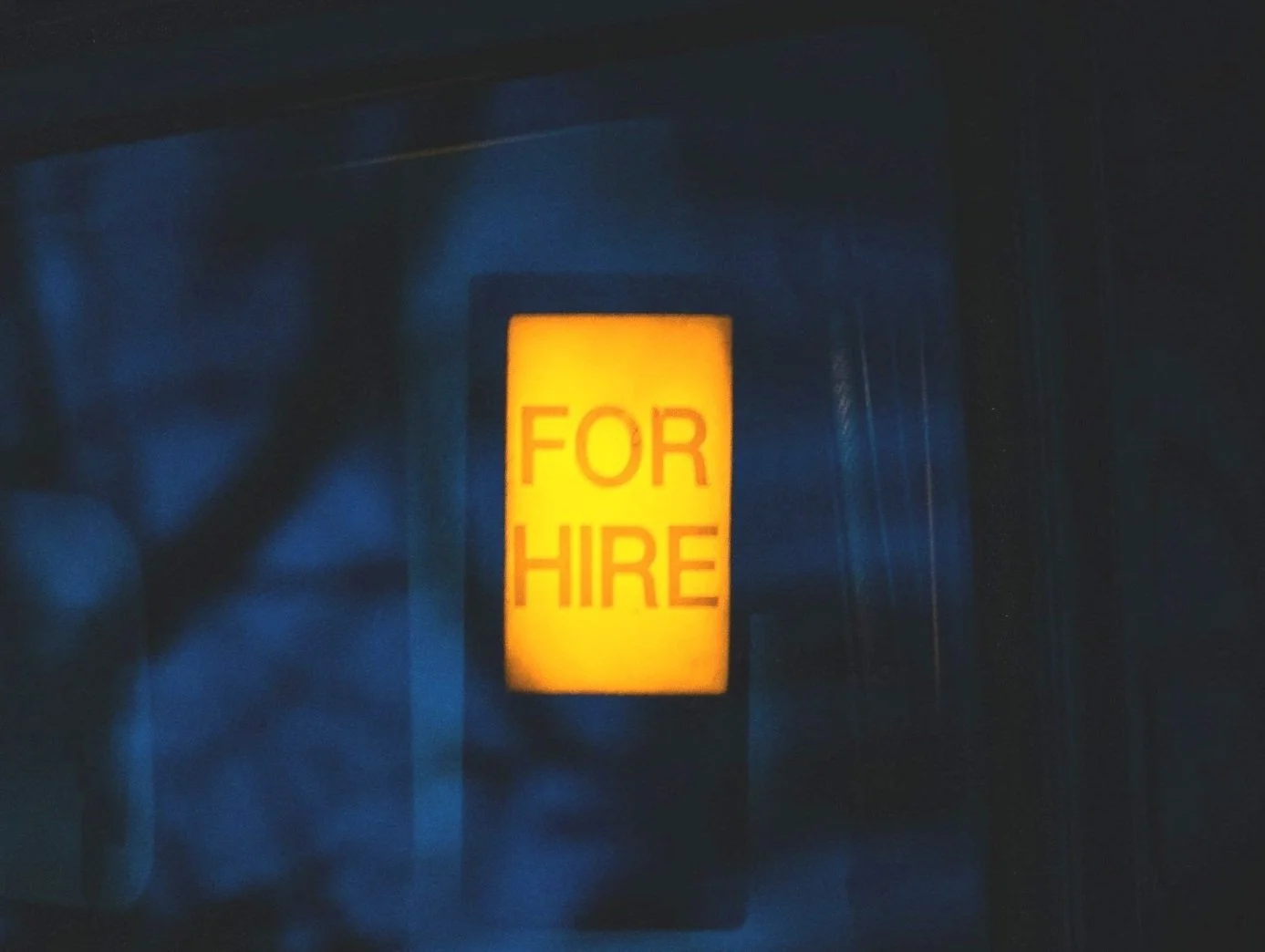How to Handle a Background Check Dispute: Your Rights and Legal Options
A background check is a critical step in the hiring, rental, or financial approval process. Employers, landlords, and financial institutions use these reports to verify an individual’s history, ensuring safety and compliance with company policies or regulations. However, errors in background checks are more common than people realize, and they can have serious consequences, including job loss, denied housing, and missed opportunities.
If you’ve been affected by inaccurate information in your background check, it is crucial to understand your rights and the proper steps to dispute and correct these errors. This guide will walk you through the background check dispute process, explain your legal rights, and help you take the necessary actions to protect yourself.
Why Background Check Errors Happen
Mistakes in background checks can occur for a variety of reasons, including:
Human Error – Data entry mistakes, misfiling records, or incorrectly linking criminal or financial records to your name can lead to serious discrepancies.
Identity Confusion – Common names or similar Social Security numbers can cause mix-ups, resulting in one person’s records appearing on another’s report.
Outdated Information – Expunged or sealed records, dismissed cases, and cleared charges may still show up due to delays in updating databases.
Incomplete or Inaccurate Records – If a background check agency does not have access to the most up-to-date legal records, it may produce an incomplete or misleading report.
Third-Party Data Sharing – Background check companies buy and sell information, sometimes from unreliable sources, leading to incorrect reports.
Your Legal Rights Under the FCRA
The Fair Credit Reporting Act is a federal law that protects consumers from inaccurate, unfair, or outdated background checks. Under the FCRA, you have the following rights:
The Right to an Accurate Report – Background check agencies must take reasonable steps to ensure the information they provide is accurate and up to date.
The Right to Dispute Inaccuracies – If you find incorrect information, you can file a background check dispute with the reporting agency.
The Right to a Free Copy of Your Report – If an employer or landlord takes adverse action against you based on your background check, they must provide you with a copy.
The Right to Be Notified of Adverse Action – Employers and landlords must inform you if they deny your application due to a background check result.
The Right to Sue for Violations – If an agency fails to correct an error or violates the FCRA, you may be able to sue for damages.
How to File a Background Check Dispute
If you discover an error in your background check, take the following steps to dispute and correct it:
1. Obtain a Copy of Your Background Report
If you suspect a background check mistake, request a copy from the agency that provided it. If an employer or landlord has used the report to deny you an opportunity, they must give you the contact information of the agency that conducted the check.
2. Identify the Errors
Review your background check carefully, checking for inaccuracies in criminal records, employment history, credit reports, and personal details. Common mistakes include:
Incorrect criminal charges
Outdated case statuses (e.g., dismissed or expunged records still appearing)
Identity mix-ups
Wrong employment or education history
3. Gather Supporting Documentation
To strengthen your dispute, collect documents that prove the information is incorrect. These may include:
Court records showing a case was dismissed or expunged
Social Security records proving your identity
DMV records confirming your driver’s license status
Employment records verifying your job history
4. Submit a Formal Dispute
Send a written dispute letter to the background check company, including:
Your full name and contact information
A clear explanation of the errors
Copies of supporting documents
A request for correction and an updated report
Make sure to send the dispute via certified mail with a return receipt to have proof of your submission.
5. Wait for the Investigation
Under the FCRA, the background check agency must investigate and respond within 30 days. During this time, they must verify the disputed information with their sources.
6. Review the Results
Once the investigation is complete, the agency must provide you with:
A copy of the corrected report if changes were made
A summary of the investigation’s findings
Notice of your right to request that corrected information be sent to employers or landlords who received the inaccurate report
What If the Background Check Agency Refuses to Fix the Mistake?
If the agency does not correct the errors, you have legal options:
Contact an FCRA Attorney – If the agency refuses to correct the error or if you suffered financial losses due to the mistake, an attorney can help you file a lawsuit.
Sue for Damages – Under the FCRA, you can sue the background check agency for:
Lost wages or missed job opportunities
Emotional distress
Punitive damages (if the agency acted willfully or negligently)
Background Check Dispute and Employment Rights
One of the most significant impacts of an inaccurate background check is employment denial. Many employers rely on background screening companies like Checkr, HireRight, and First Advantage to verify applicants. If your job offer was rescinded due to an error in your report, consider these actions:
Notify the Employer Immediately – Explain the mistake and provide evidence of the correct information.
Request a Delayed Hiring Decision – Ask the employer to hold off on making a final decision until the background check dispute is resolved.
Consult an Attorney – If the employer refuses to reconsider, legal action may be necessary.
How to Prevent Future Background Check Errors
To protect yourself from future errors, consider the following:
Monitor Your Credit Reports – Errors in credit reports can sometimes lead to background check issues.
Keep Personal Records Updated – Ensure that your driver’s license, employment history, and court records reflect the correct information.
Conclusion
A background check dispute can be a frustrating and time-consuming process, but understanding your rights under the FCRA can help you navigate it successfully. If you find errors in your report, act quickly to dispute them and seek legal assistance if necessary. Holding background check agencies accountable not only protects your personal and professional opportunities but also helps prevent similar errors from affecting others.
If you need help with a background check dispute, don’t hesitate to contact an FCRA attorney to discuss your case and ensure your rights are fully protected.



















